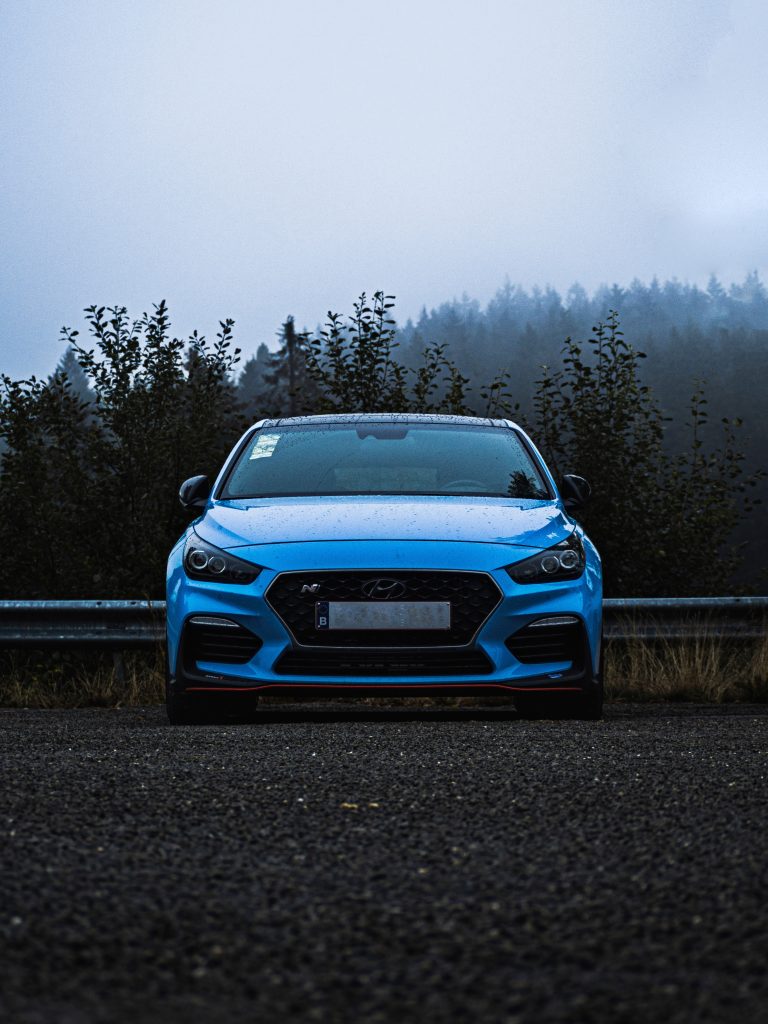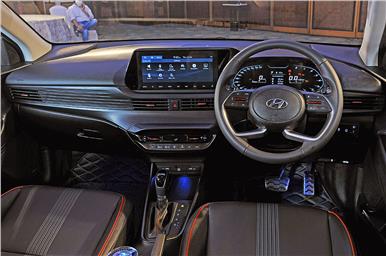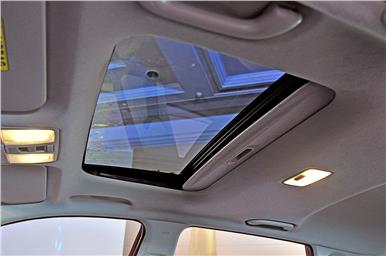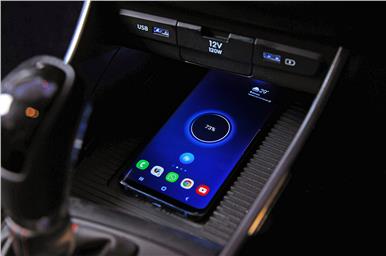Hyundai i20 Magna




Description
Hyundai i20 Magna Review
Hyundai i20 Magna is powered by an 1197cc Petrol engine producing 82 Bhp of power and 115 Nm of torque mated to a 5-gear manual transmission system.
Hyundai has developed a unique platform at their European technical centre in Russelsheim, Germany to tackle Europe's fiercely competitive subcompact B segment.
Engine
Hyundai i20 Magna offers an impressive engine. Its 1.2-litre petrol unit produces 88ps of power and 115Nm of torque.
The 1.2-litre engine can…
Hyundai i20 Magna Review
Hyundai i20 Magna is powered by an 1197cc Petrol engine producing 82 Bhp of power and 115 Nm of torque mated to a 5-gear manual transmission system.
Hyundai has developed a unique platform at their European technical centre in Russelsheim, Germany to tackle Europe’s fiercely competitive subcompact B segment.
Engine
Hyundai i20 Magna offers an impressive engine. Its 1.2-litre petrol unit produces 88ps of power and 115Nm of torque.
The 1.2-litre engine can be had with both automatic and manual transmission options; it is the same engine found powering the Hyundai i10 petrol version.
Hyundai also uses this engine in their i20 diesel. This particular version produces up to 99ps of power and 132Nm of torque for optimal performance.
The Hyundai i20 features seven engine options, four of which are petrol. These engines range from the 1248cc dohc 16 valve “Aditeya” unit producing 75 HP and 220Nm to a 1582cc unit capable of producing either 115hp or 128hp respectively.
Transmission
Hyundai i20 Magna comes equipped with a 1.2-litre Kappa Dual VTVT petrol engine paired with a five-speed manual transmission as standard, although an automatic version can be purchased for Rs 7.04 lakh (ex-showroom Delhi).
Hyundai conducted a study that revealed 41% of customers prefer automatic transmission as it provides easy driving with minimal fatigue and offers smooth, non-jerk free transmission and linear driving force. Furthermore, CVT technology also helps provide a non-jerkful transmission and linear driving force experience.
The Magna is a premium hatchback that offers plenty of features and efficient engines, along with attractive design elements and interior materials of superior quality.
Safety
Hyundai i20 Magna passed the crash tests conducted by Global NCAP but its safety rating lagged behind rival vehicles such as VW Polo and Toyota Etios Liva. Although featuring six airbags and electronic stability control in higher variants, only 3-star ratings were given to adult protection and 3-stars to child safety respectively.
In a front-offset crash test, the Hyundai i20’s body shell was found to be unstable; head, neck and chest protection for its driver were judged as poor; however, their front passenger fared much better by providing strong protection for his head, chest and left leg.
Features
Hyundai i20 Magna hatchback is one of India’s premier hatchback models with an abundance of features. Arguably the most feature-packed vehicle in its segment, it even provides features not offered by competitors.
Hyundai first unveiled the i20 in August 2014 with a Fluidic Sculpture 2.0 design philosophy developed at their Russelsheim design centre in Germany. A second-generation version was then unveiled to Europe at Frankfurt Motor Show, boasting increased ground clearance of 170mm as opposed to 165 mm on its predecessor model.
The Hyundai i20 comes in ten variants with two engine options and offers improved 1.4-litre petrol and diesel engines that are both more fuel-efficient than their predecessors. Furthermore, this vehicle boasts better safety features including six airbags, automatic lights, central locking with impact sensing auto door lock capability, keyless entry as well as keyless entry system.






